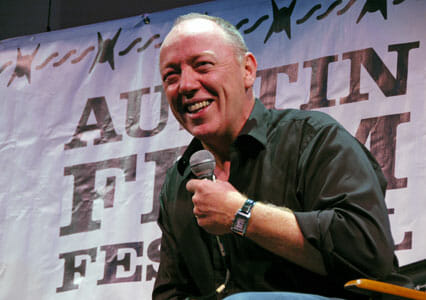Austin Film Festival: Interview with Terry George

Before showing the film at the Austin Film Festival, director Terry George spoke with Paste about Reservation Road (which stars Joaquin Phoenix, Mark Ruffalo and Jennifer Connelly) and the impact of his award winning film, Hotel Rwanda.
Paste: The first few minutes (of Reservation Road) is an emotional experience, especially if you have children.
Terry George: The opening of the film really sets the context for it in that Joaquin Phoenix and Jennifer Connelly are returning from an idyllic summer afternoon and stop at a gas station and in a series of coincidences their son ends up being killed in a hit-and-run accident. The driver of the truck that kills him is Mark Ruffalo. He also has his son in the car. And that sets the context for the movie which is about the disintegration of the lives of everyone involved and how they struggle to recover, or not.
P: Where did the idea for the film come from?
TG: Well, this one was simple in that Joaquin Phoenix read the script and liked it a lot. And I was looking for something to work with him on. He’s a friend and I worked with him twice before. He gave me the script. I read it and I liked it and I thought there was context and subtext that I could really say something with. It also came from a book by John Burnham Schwartz, so I had a lot of material.
-

-

-

-

-

-

-

-

-

-

-

-

-

-

-

-

-

-

-

-

-

-

-

-

-

-

-

-

-

-

-

-

-

-

-

-

-

-

-

-








































